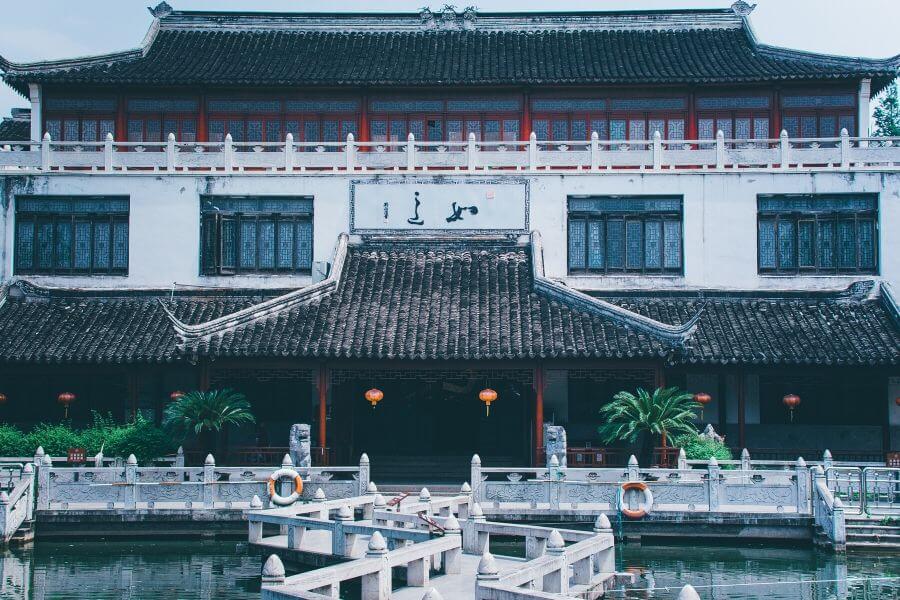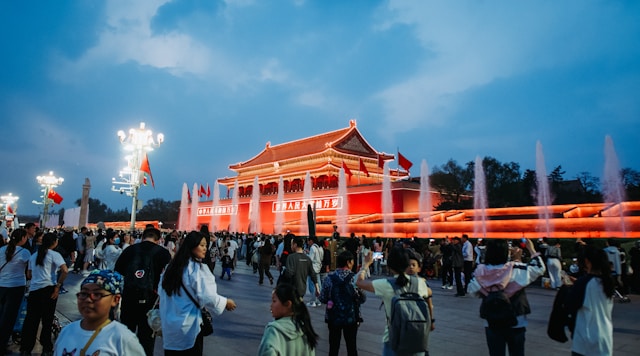
China promulgated its first Civil Code in May 2020, which includes seven parts, i.e., General Principles, Real Rights, Contracts, Personality Rights, Marriage and Family, Succession, Liability for Tort, and Supplementary Provisions. The Real Rights is its second part.
For related posts on the PRC Civil Code, please click here.
For China Civil Code (Free English Version), please click each part as follow:
Book I General Principles (English, Chinese)
Book II Real Rights (English, Chinese)
Book III Contract (English, Chinese)
Book IV Personality Rights (English, Chinese)
Book V Marriage and Family (English, Chinese)
Book VI Succession (English, Chinese)
Book VII Liability for Tort (English, Chinese)
Before that, China had promulgated the Real Right Law and the Security Law respectively. After the promulgation of the Civil Code, both the Real Right Law and the Security Law are to be abolished accordingly on 1 Jan. 2021 when the Civil Code enters into force.
“Part II Real Rights” of the Civil Code has 20 chapters, which are divided into five subparts: General Provisions, Ownership, Usufruct, Security Interests, and Possession.
We have selected some noteworthy points as follows:
1. Registration of immovables
The State practices a unified system of registration with respect to the immovables. Obligees and interested parties may apply for consulting and duplicating the registered information, and the registration authority shall provide such materials accordingly.
2. State-owned property
The property owned by the State as is provided for by law belongs to the State, that is, the entire people. The State Council shall exercise the ownership of State-owned properties on behalf of the State.
These properties include:
(1) mineral resources, waters and sea areas;
(2) uninhabited sea island;
(3) urban land;
(4) natural resources such as forests, mountains, grasslands, wastelands and tidal flats, except where they belong to the collectives as prescribed by law;
(5) resources of the wildlife owned by the State as prescribed by law;
(6) resources of the radio-frequency spectrum;
(7) cultural relics owned by the State as prescribed by law;
(8) assets for national defense;
(9) infrastructures such as railways, highways, power facilities, telecommunication facilities, and oil and gas pipelines owned by the State as prescribed by law;
(10) the immovables and movables under the direct control of government departments;
(11) the immovables and movables under the direct control of institutions sponsored by the State, and;
(12) State-invested enterprises.
3. Collectively-owned property
Properties owned by a collective as prescribed by law shall be collectively owned by the members of this collective.
Collective-owned properties include:
(1) land, forests, mountains, grasslands, wastelands, and tidal flats that are owned by the collective as prescribed by law;
(2) buildings, production facilities, irrigation and water conservancy facilities that are owned by the collective;
(3) the educational, scientific, cultural, public health and sports facilities that are owned by the collective; and;
(4) other immovables and movables owned by the collective.
4. Privately-owned property
Any individual person is entitled to enjoy ownership of such immovables and movables as his/her lawful incomes, houses, articles for daily use, tools of production, and raw and semi-finished materials.
The State, the collective, and the individual may, according to the law, invest to establish companies with limited liability, companies limited by shares, or other enterprises.
5. Ownership
Owners of immovables or movables shall be entitled to possess, use, benefit from and dispose of the immovables or movables according to law.
The owner has the right to establish usufructs and security interests on his/her own immovables or movables.
6. Usufruct
A usufruct refers to the right of the obligee to possess, use, and benefit from the immovables or movables owned by others, but the right to dispose of such properties is not included.
Organizations and individuals can possess, use, and benefit from state-owned or collectively-owned natural resources according to the law, that is, organizations and individuals can be usufructuaries of state-owned property. For example:
(1) Farmers of the rural collective economic organizations can obtain the right to the contractual management of collectively-owned rural lands, that is, the right to carry out agricultural production on the land;
(2) Organizations and individuals can obtain the ownership of state-owned construction land, that is, the right to construct buildings on the land and enjoy ownership thereof.
For more info about “right to land contractual management” (土地承包经营权), please read an earlier post“China’s Legal Framework on Rural Land”.
For more info about property rights relating to land and housing in Chinese cities, please read an earlier post “China's Legal Framework on Urban Land”.
The usufruct solves the land contradiction of China: the State or the collective owns the land, while individuals need the land. That is, although the usufructuary is not entitled to the ownership of the land, it can use the land, to some extent, as the landowner.
7. Security interests
Unless otherwise stipulated by law, the holder of security interests shall have the priority in having his/her claim paid if a debtor defaults or if the conditions for enforcement of the said interests, as agreed upon by the parties concerned, arise.
Security interests include interest obtained from mortgage, interest acquired through pledge and lien.
The Chinese text (official version) of the PRC Civil Code can be found here. The English translation of the PRC Civil Code is currently available for pre-order on China Justice Observer. If you are interested in a pre-order, please contact Meng Yu via e-mail at meng.yu@chinajusticeobserver.com. The PRC Civil Code of 110,123 Chinese words in total are translated into English, and the English translation (estimated at 60,000 words) is priced at US$ 4400. We will provide the English translation and the English-Chinese version within 3 months.
Photo by shade jay (https://unsplash.com/@shadejay)on Unsplash
Contributors: China Laws Portal Team








